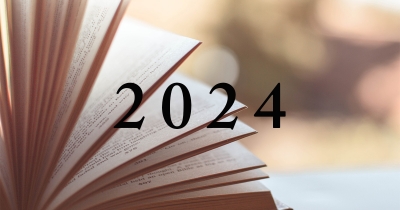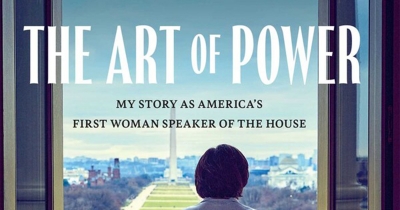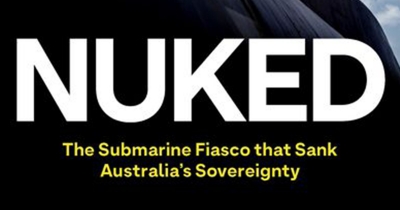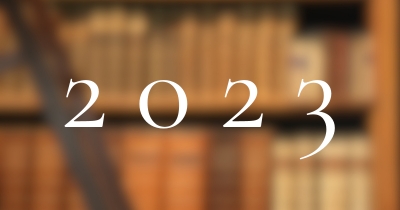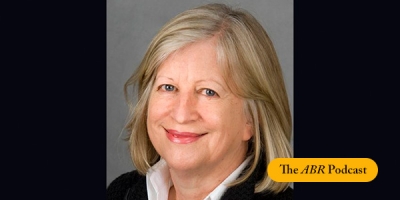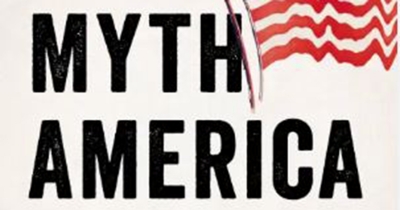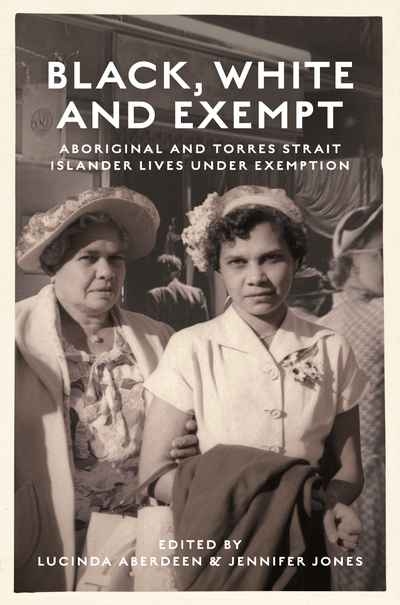Marilyn Lake
Sign up to Book of the Week and receive a new review to your inbox every Monday. Always free to read.
Recent:
The Art of Power: My story as America’s first woman Speaker of the House by Nancy Pelosi
Nuked: The submarine fiasco that sank Australia’s sovereignty by Andrew Fowler
![]() Want to write a letter to ABR? Send one to us at This email address is being protected from spambots. You need JavaScript enabled to view it..
Want to write a letter to ABR? Send one to us at This email address is being protected from spambots. You need JavaScript enabled to view it..
... (read more)
What the authors of these three wildly different books share is a gift for creating through language a kind of intimacy of presence, as though they were in the room with you. Emily Wilson’s much-awaited translation of The Iliad (W.W. Norton & Company) is a gorgeous, hefty hardback with substantial authorial commentary that manages to be both scholarly and engaging. The poem is translated into effortless-looking blank verse that reads like music. The Running Grave (Sphere) by Robert Galbraith (aka J.K. Rowling), the seventh novel in the Cormoran Strike crime series and one of the best so far, features Rowling’s gift for the creation of memorable characters and a cracking plot about a toxic religious cult. Charlotte Wood’s Stone Yard Devotional (Allen & Unwin, reviewed in this issue of ABR) lingers in the reader’s mind, with the haunting grammar of its title, the restrained artistry of its structure, and the elusive way that it explores modes of memory, grief, and regret.
... (read more)In this week’s ABR Podcast, Marilyn Lake reviews My Grandfather’s Clock: Four centuries of a British-Australian family by historian Graeme Davison. Lake argues that Davison has produced an ‘uncommonly good family history’, in part because of the broader history he tells. Marilyn Lake is an Honorary Professorial Fellow in History at the University of Melbourne. Listen to Marilyn Lake’s ‘The ancestors: An uncommonly good family history’, published in the November issue of ABR.
... (read more)

